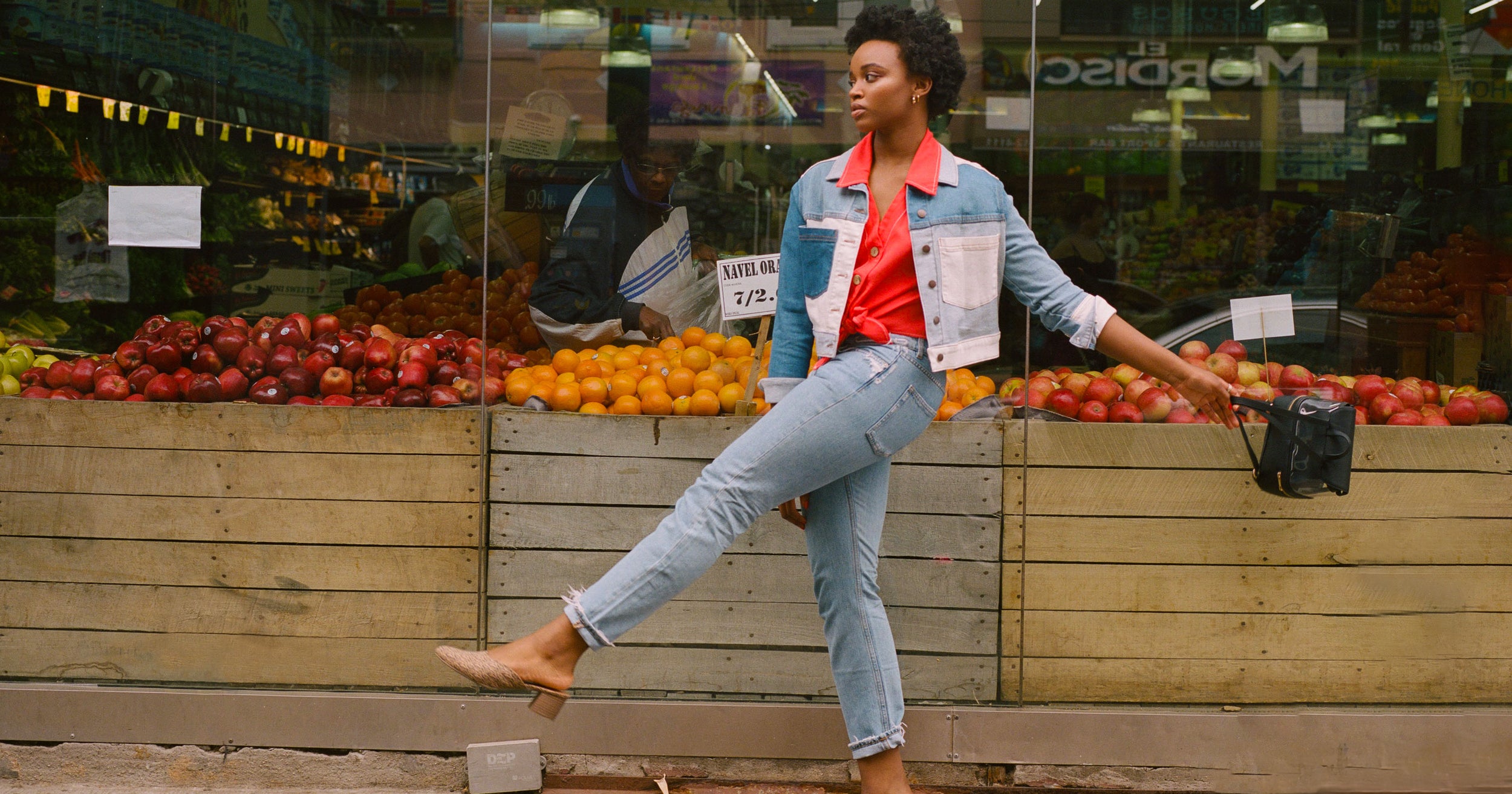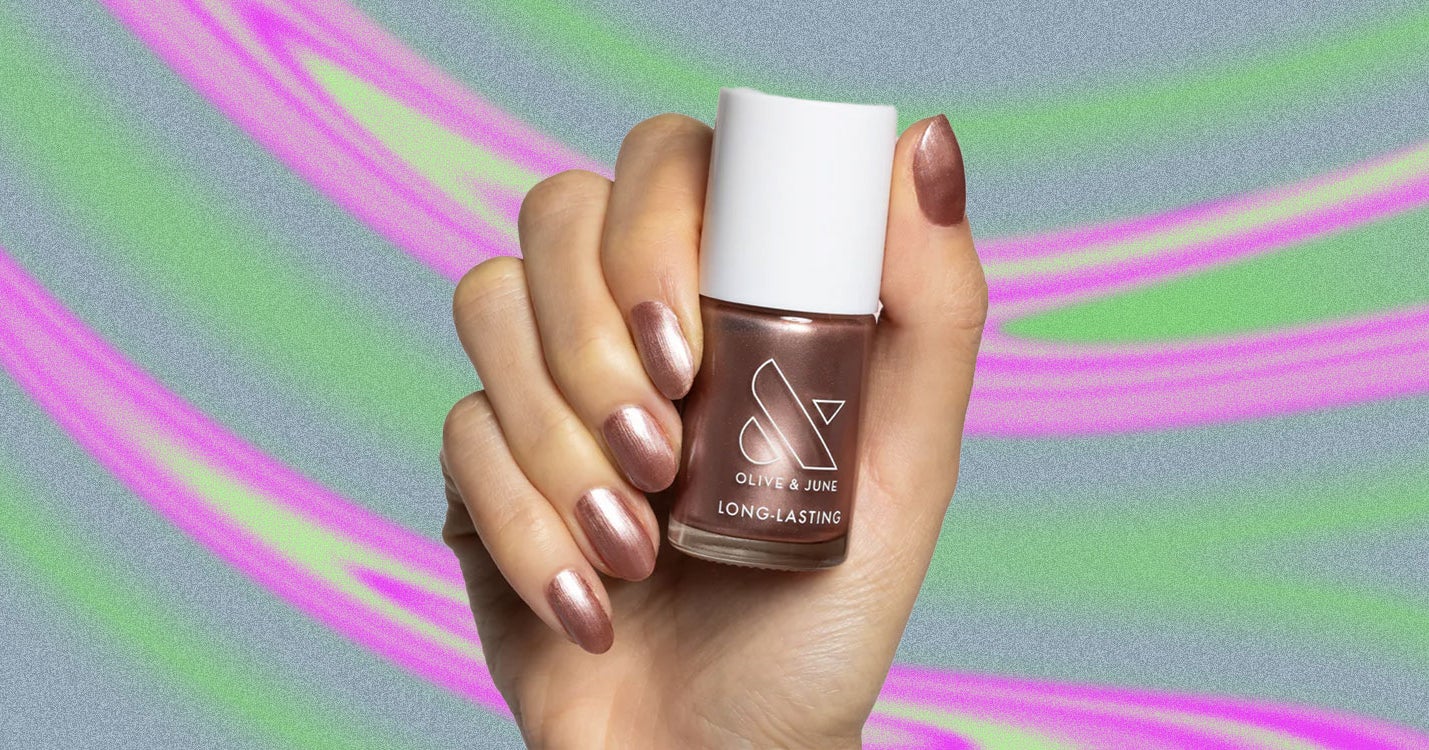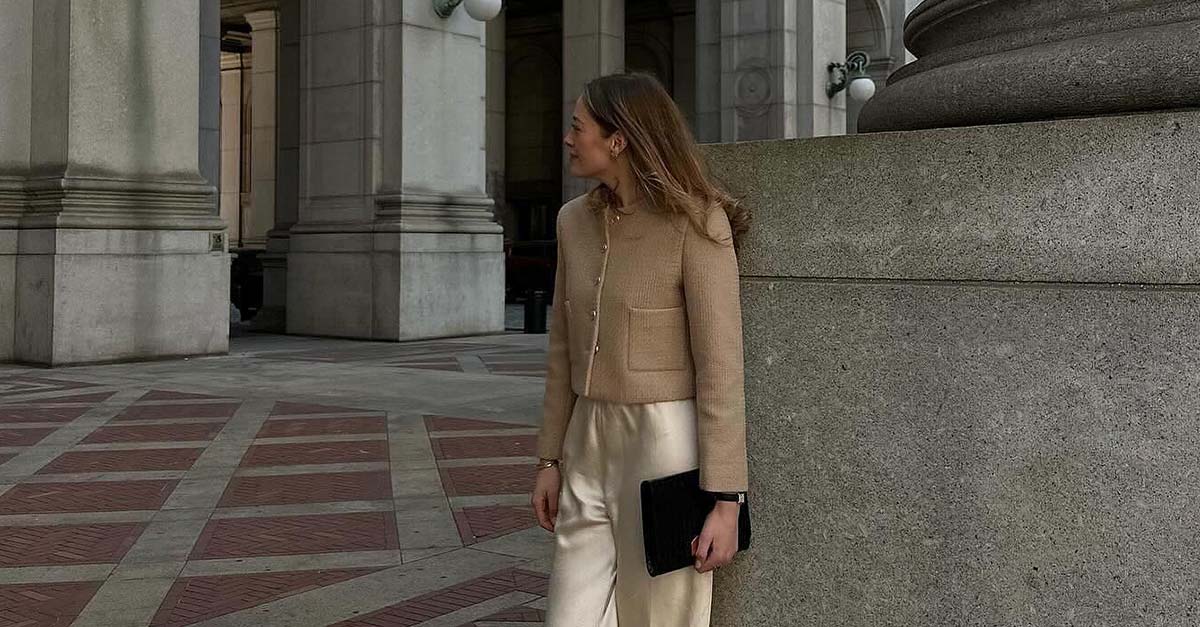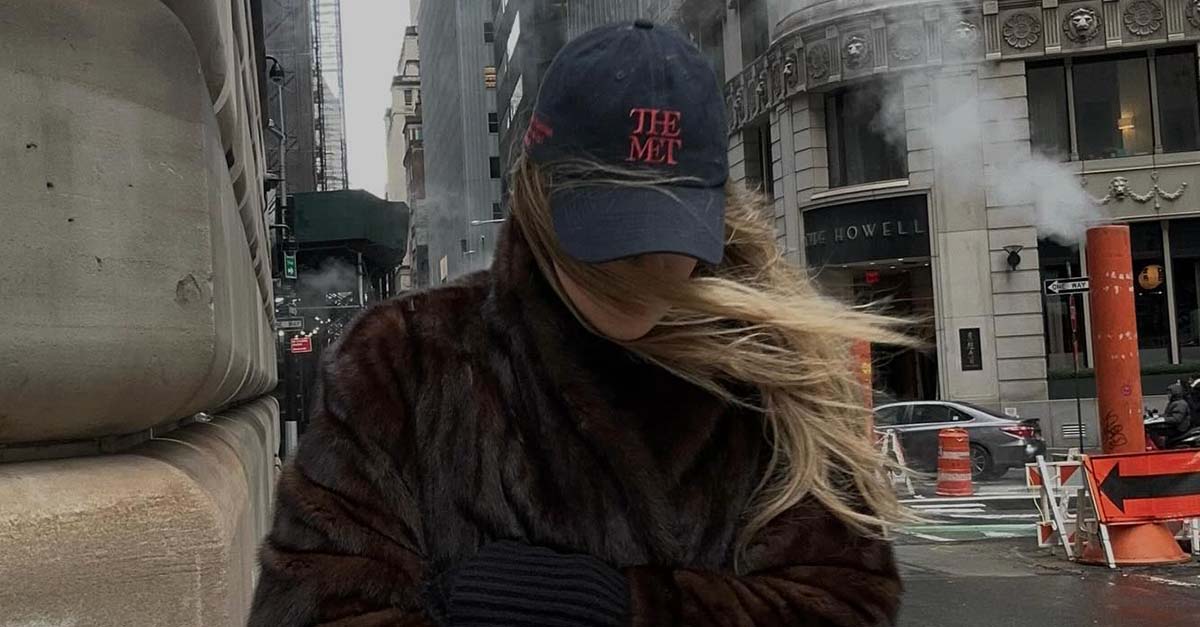
My friend gasps and looks up at me as I take a long sip of my drink, teasing her. I’ve just given her the latest update on my love life and a look of bewilderment has taken over her face. She takes a deep breath to compose herself and asks me the one question she already knows the answer to: “Why did you do it?” I laugh into my drink and look at her knowingly before I reply, “For the story…”
“For the story!” we scream together in unison before bursting into laughter. My friend knew exactly what I meant by this and, without sharing the intricate details of my love life, I’m sure many of you do too. With every bad (or simply bold) decision we’ve made, declaring that we did it purely to add to the plot of our lives is something my friend and I have used to define (and defend) our chaotic but admittedly fun life choices. The phrases “doing it for the story” and “for the plot” have become embedded into our generation’s vernacular as we navigate our 20s and 30s. With influences drawn from tragicomedies and coming-of-age indie rom-coms and more distinctly social media platforms like TikTok and X (formerly Twitter), many of us try to inject a sense of drama, excitement, and mystery into our lives by, well, making some dubious decisions.
For some, the thought of our lives following a cookie-cutter path is, to be quite frank, boring. There have been times in my life when I’ve regretted choosing to do the “right” thing. I know that sounds irresponsible but honestly, in some scenarios doing the right thing can be too safe and sensible. I recently saw a tweet that said, ‘I need something exciting but not traumatizing to happen’ and I have never related more.
In truth, I’m not quite sure what motivated me to make some of my bolder decisions. So far, it has consisted of me spending holidays with strangers and staying over at their houses, going on dates with men completely different from my preferred ‘type’. Over time I became tired of always doing what people expected of me; I’m always expected to be incredibly level-headed and sensible. I am known for doing the “right thing”. Not to sound like a cliché angsty teenager but I just want to really live. I’m not even sure I know what that looks like or means but all I know is, when I look back on my life 50 years from now, I want to know that everything I did was because I wanted to, that I centered joy in every decision I made and, most of all, I had fun. It seems like I’m not the only one.
“I don’t have any regrets because I said yes to adventure from a place of confidence.”
*Steph
“For me, doing things for the plot wasn’t planned, it was more out of impulse,” says Steph*, 25, from Oxford, who asked to remain anonymous. “I’m at a stage of my life where I’ve achieved everything I have wanted to and I’ve played it so safe so I just wanted to make this a significant year by saying yes to the adventure,” she explains to Unbothered, revealing that her theme for 2024 is “joy” and “adventure”.
“I’ve been the ‘good girl’, whatever this means, [the] good daughter, good student… I stayed in church and did what others expected of me. Whilst it was never my intention to be this person, I guess being the eldest daughter it was an unspoken expectation. Because of [this pressure], I tend to overthink and I struggle with anxiety, so [instead] I just wanted to say yes.”
For Steph, saying “yes” meant doing something out of the ordinary with a guy she “just met” in a “different country.” “And I don’t regret it.” she adds.“I finally feel like I have a real, funny, and cool story to tell for the first time in my life!”
Of course, there can be consequences, varying in severity, when choosing to take risks in life and dating. It should go without saying that not all risks are worth taking — and even spontaneous decisions should be approached with significant consideration for safety and irreversible consequences. However, it is the fear of the unknown that has held some women, like Steph, back from the wild experiences they crave.
For Black women like Steph, who have been labeled as a “good girl” for the majority of their lives, creating a different narrative for their lives, careers, relationships, family, friendships, and faith has made things more exciting. Society has prescribed a blueprint for how we should structure our lives and ultimately our stories, regardless of how it makes us feel or if it’s what we truly want. The standard, ‘go to school, go to university, graduate, get a job, meet someone, get married, have kids, grow old and die together’ means that for some their story has already been written before they’ve even had a chance to live. While many people are happy to follow this neat path for their lives, what if you feel the call to follow a different, unconventional route?
“It seems, particularly for women, doing things that don’t follow the norm are seen as out of the ordinary or out of character [because] we’ve had to prescribe to traditional gender norms,” explains Dr Ariel Breaux Torres, a US-based critical psychologist, to Unbothered. “So if you don’t live like this, down to what we’re supposed to eat, dress like, present ourselves, it seems like there is something wrong or even like we are spiraling. When really, we have more choices and freedoms to decide what our lives look like and what they should be. So maybe it’s not that people are doing it ‘for the plot’ of their lives, but rather defining what the plot of their lives looks like.”
“I think people forget that we get to define the plot of our lives. Traditionally and historically, the plot of [women’s] lives have been defined for us.”
Dr. Ariel Breaux Torres, psychologist
For Steph, ‘living for the plot’ means she finally has agency over every facet of her life. “I don’t have any regrets because I said yes to adventure from a place of confidence,” she explains, “and knowing that it’s actually what I wanted… I did a lot of unlearning, especially with heterosexual relationships and what it means to be a Black woman in one — things like purity culture and shame [that have been] indoctrinated into us,” she explains.
Purity culture is a phenomenon promoted by evangelical Christianity, that teaches that abstaining from all forms of sexual activity before (heterosexual) marriage is essential, as it is not just the right way to have sex but also makes you “respectable” than those who engage in premarital sexual activity. The roots of purity culture can be first traced to colonial white supremacist values especially when upholding white womanhood. It also helped to exacerbate a moral panic in response to the AIDs epidemic and the increase in teenage pregnancies in the ’90s.
As a result of purity culture, current and former religious community members like Steph have come to associate desire and sex with guilt, shame, and self-loathing and therefore have never allowed themselves to center their own feelings on pleasure, unashamedly. Perhaps living for the plot allows people to, somewhat subconsciously, address conflicting ideas about how they should live their lives.
“I think there are a few things that drive people to do things for the plot, especially with significant global events,” explains Dr. Ariel “For example, the reset of the pandemic, put life into perspective for a lot of people — life is finite, and not everything is promised — and I guess makes you think you are best living life in the moment and doing things that you don’t want to regret, or miss out on opportunities. This is the case especially with young people, I think with the pandemic, with so many young people dying, it made people shift their understanding and so the consequences of doing certain things don’t seem to outweigh the experience.”
As fun as it is doing things ‘for the story’, it’s easy to forget that we are not the main characters in other people’s lives, and they are not just side characters in our own. Recently, this realization made me question just how healthy it was to keep dating ‘bad boys’ or going on holiday with strangers, simply for the plot. In my self-absorption, my quest for a more ‘exciting’ narrative made me sideline the consequences, especially when they can involve other people and their feelings.
However, Dr Ariel made me consider this differently. “No one is fully equipped to deal with anything, even the best planners. Who can really know what will take place or how things will change? I think sometimes we underestimate ourselves [when it comes to] dealing with consequences, especially with women, from our own doing and society. Sometimes thinking too much can remove the joy from the experiences in our lives.”
And she’s right. No matter what we do or choose in life, it has consequences. Doing things for the story releases us from fear of judgment, humiliation, and society’s stigmas.
“I think people forget that we get to define the plot of our lives. Traditionally and historically, the plot of our [women’s] lives have been defined for us,” suggests Dr. Ariel. “But sometimes, whether it’s good or bad, the decisions we make now are [about] living life to the fullest. Maybe we think we should have done something differently but, especially when we have made terrible decisions, these things are what define us, what makes us and our lives. It does not mean we have to necessarily change how we live, we just have to live and center joy, and fulfillment in every decision we make — life will always have its consequences.”
“I don’t think doing things for the story has to be good or bad,” says Steph. “In the moment it’s fun but the long-term implications have been more significant for me. [Living for the plot] makes me more open to adventure, I can trust myself and my gut instinct a lot more but also it gives me a sense of bravery and boldness that I didn’t even know I had, so that is what makes it worth it.”
*Names have been changed to protect identities.
This article was originally published to Unbothered UK.
Like what you see? How about some more R29 goodness, right here?
Black Women & The Cultural Pivot To Softness
My Boyfriend Helped Take Out My Braids & We Bonded








